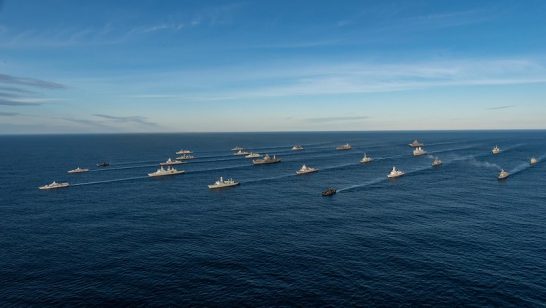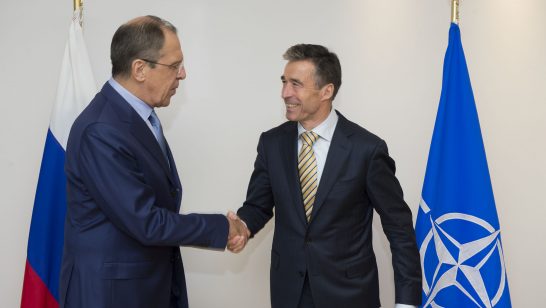As tensions flare between Russia and NATO countries, the ELN is sharing recent work on concrete de-escalation measures that NATO and Russia could take to reduce the risks of an unintended escalation.
We regularly bring together people from very different political viewpoints and backgrounds, across wider Europe, to identify areas of common ground and potential ways forward. In particular, we helped to produce and support the detailed recommendations of an experts’ dialogue on de-escalating military risks, signed by 166 experts and policy leaders from 20 countries earlier this year.
Building on these recommendations, we partnered with the Latvian Institute for International Affairs to discuss why military to military communications are needed. In particular, we focused on how to ensure any such dialogue and communications are purposeful and outcome-oriented, in order to to reduce the risks of hazardous military incidents.
At a time when mistrust fuels scepticism about the value of dialogue, we underlined the need for communications to be focused on concrete actions.
In June our network members Heinrich Brauss, Irina Ghaplanyan, Evgeny Buzhinskiy, Imants Lieģis and Marina Kaljurand shared different perspectives on how NATO should respond to the crisis on Ukraine’s borders.
In September a joint op-ed for Project Syndicate by our senior consulting fellow Graham Stacey, Director of the Carnegie Moscow Center Dmitri Trenin, and former Lithuanian foreign minister Vygaudas Usackas considered how Russia and NATO could reduce risks.
In October network members Stefanie Babst, Andrey Kortunov, Madeleine Moon and senior consulting fellow Graham Stacey analysed Russia’s response to NATO’s expulsion of its diplomats and raised key issues for the future.
Reducing risks between Russia and NATO remains one of our top priorities and we will continue to develop and share resources here.
The opinions articulated above represent the views of the author(s), and do not necessarily reflect the position of the European Leadership Network or any of its members. The ELN’s aim is to encourage debates that will help develop Europe’s capacity to address the pressing foreign, defence, and security challenges of our time.



